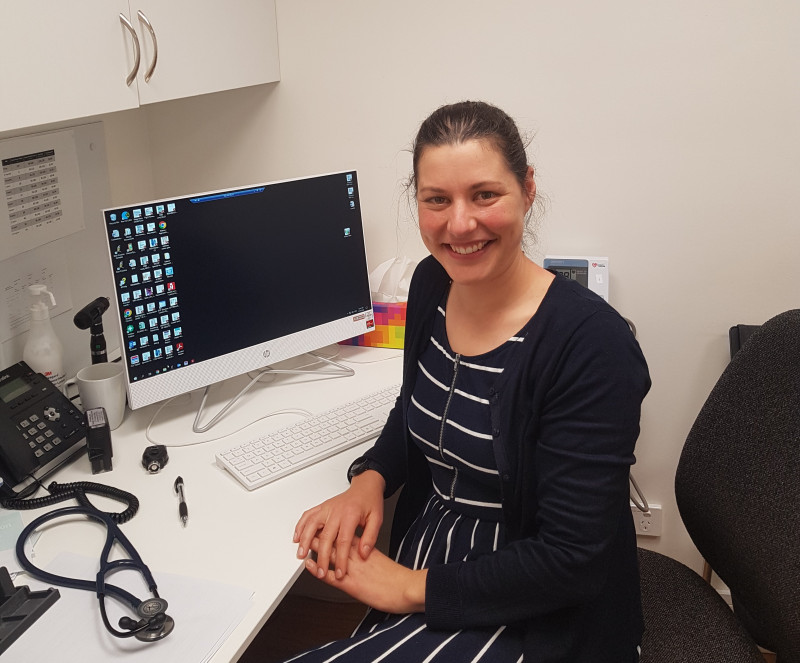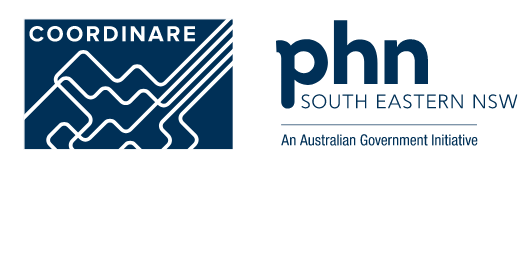
GPs encouraged to promote early detection this breast cancer awareness month
24 October 2022
October is Breast Cancer Awareness Month, providing an extra opportunity for GPs to promote early detection and primary prevention.
It is well-established that early detection provides the best chance of surviving breast cancer as well as improving treatment options. We also know that lifestyle changes such as reducing alcohol consumption, quitting smoking and exercising all reduce the risk of developing breast cancer.
“GPs play a vital role in sharing this information with patients, educating them about breast awareness and promoting free screening mammograms for eligible women,” says Dr Roxanna Lane, GP Registrar at Rutledge Family Medical Practice in Queanbeyan.
Eligible women include those identified as having family risk and all women aged 50-74 including trans and gender diverse people.
Dr Lane says she takes the opportunity at regular check-ups to drive home the prevention message.
“Primary prevention is important and so is secondary prevention. The onus is on us as doctors to make it part of our routine to take the opportunity when a patient comes to us about something else to weave in the messages about lifestyle such as reducing alcohol intake and increasing exercise and to ask them about screening if they are eligible.”
She says patients generally are not hesitant to get a mammogram if this is recommended to them by their doctor.
“If they are contemplating it, we can push them over the line simply by explaining that early detection is best for a cure. Many patients don’t understand that it is not always terminal and there is hope if picked up early.”

(Pictured - Dr Lane, GP Registrar at Rutledge Family Medical Centre in Queanbeyan.)
The prognosis for cancers detected early is better than cases picked up due to symptoms because the cancer is usually smaller and less developed.
While women do not need a referral from a GP to get a mammogram through BreastScreen NSW, Dr Lane highlighted the benefits of supporting patients through the breast screening process.
“If we refer them, we receive communication about results and can counsel the patient through any findings, making it a more supportive and streamlined process.”
She added that practice reminder and recall software is also a great tool to ensure screenings are attended to and followed up on.
Dr Lane stressed the need for culturally appropriate resources to be provided to Aboriginal and Torres Strait Islander women.
“They are more likely to get tested if they hear about screening in their own language and through community figures that they know and can relate to.”
Women can phone 13 20 50 to book an appointment with BreastScreen or book online and find out more here.
GPs can also check out this fact sheet for more information about how to support their patients.
